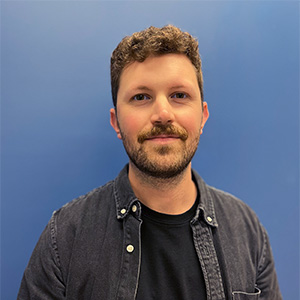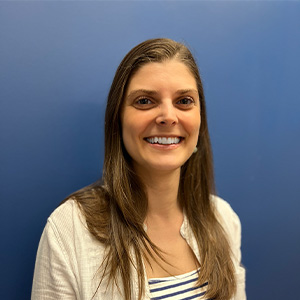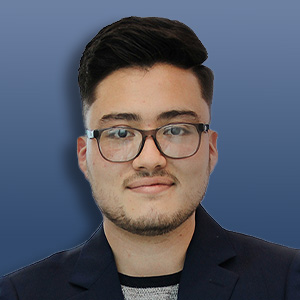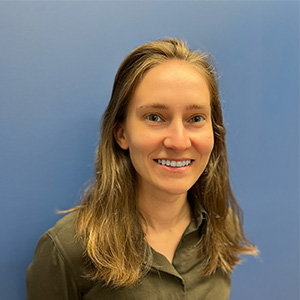Student Life
Why should you study at the Cirris?
Studying at the Cirris offers the possibility to develop in a dynamic and enriching interdisciplinary environment. Our centre will give you the opportunity to be around more than 160 students from Quebec and around the world, trained in various disciplines (health, social and engineering sciences). The close collaboration between researcher and student members promotes encounters, discussions and teamwork.
By choosing the Cirris, you will be able to take part in various scientific activities, such as the lunch conferences, scientific meetings, and topical workshops, as well as reading clubs with professionals and clinicians. These activities will let you develop your knowledge and abilities in research, your communication skills, while broadening your professional network. During your studies, you will also have access to high-end laboratories and research equipment, as well as many useful resources (f. ex. librarian, statistician) available direclty at the Cirris, the CIUSSS de la Capitale-Nationale or Université Laval.
In short, if you want to evolve in an environment with an active and stimulating student life to prepare you for a career in rehabilitation and social integration, we would be happy to welcome you on our team!
Student Committee
The Cirris student committee is comprised of four members. The committee works to improve the quality of life of all members of the student body, and to implement new initiatives by and for the students. Its mission is to support and stimulate the scientific life of members of the student body by organizing various social events (welcoming new students, sports activities in partnership with the social club), as well as scientific events (student conferences, synthesis day for summer interns, Nocturnes du Cirris, professional development workshops).
Student Committee Members

Léandre Gagné-Pelletier, President
PhD in Rehabilitation Sciences
Supervised by Pre Catherine Mercier and Pr Marc Roig (UMcGill)
Project : Predictors of use of the paretic upper limb following stroke rehabilitation
The President is the link between the members of the student body and the management of the Cirris. The President takes part in Research Council meetings, representing students in management decisions and must also present the actions and activities of the student committee to the Research Council to ensure that they are in line with the centre’s strategic goals. Finally, the President coordinates the student committee’s activities, and oversees all initiatives to ensure optimal functioning. The President’s mandate is for two years and is renewable.

Claudia Côté-Picard, Vice-President
PhD in Clinical and Biomedical Sciences
Supervised by Pr Hugo Massé-Alarie and co-supervised by Pr Jean-Sébastien Roy
Project : Effect of heat and exercise in the treatment of acute low back pain.
The Vice-President supports the President and site representatives in their functions. The VP ensures that projects run smoothly under the student committee’s leadership among the two sites.

Isaac Munoz, St-Louis site representative
PhD in Rehabilitation Sciences
Supervised by Pre Véronique Flamand.
Project : Evaluation of the performance and feedback strategies of an intelligent myoelectric hand in relation to the needs of potential users.

Valérie Boulanger, Hamel site representative
PhD in Rehabilitation Sciences
Supervised by Pr Kadija Perreault, Pr Stéphanie Bernard and Pr Mélanie Morin (USherbrooke)
Project : Perineal and pelvic health needs of LGBTQIA2S+ people: understanding them better to respond more effectively
As student representatives, they organize and develop student life within their respective sites, in collaboration with the President and Vice-President. They take part in student committee meetings, organization of student events, and support the President and Vice-President when making decisions. Their mandate is for one year, renewable.

Amra Hasanovic, Treasurer
PhD in Rehabilitation Sciences
Supervised by Pr Laura Monetta
Project : Oral word production difficulties in the logopenic variant of primary progressive aphasia.
The Treasurer is in charge of the Student Committee’s finances, and is responsible for the smooth flow of funds. For example, he is responsible for awarding student prizes at events such as the nocturnes, the colloquium or the student synthesis day, as well as supporting and advising the student committee in the organization of scientific and social events in student life.
Scientific Activities
Synthesis Day for Summer Interns
Each summer, numerous students (bachelors and masters) from life sciences, social sciences or engineering programs do research internships at the Cirris. The main goal of these internships is to introduce students to the world of research in rehabilitation and social integration through the discovery of the tools and methods used in the field. The synthesis day gives interns the opportunity to present their work to the Cirris scientific community and to discover their fellow students’ projects as well.
Cirris Student Symposium
At the Cirris, the students are important players in research. The Cirris Student Symposium is thus a unique opportunity for all students to showcase the quality of their work. This conference is also an unequaled chance for the Cirris’ scientific community, industrial and clinical partners to exchange on new developments, as well as on the future focus of research in their field. Each year, internationally renowned experts take part in this conference, sharing their knowledge on new perspectives in rehabilitation and social integration.
Nocturnes du Cirris
Les Noctures du Cirris is an activity that was initiated in 2018 as a way to give an opportunity to all students to showcase their work in a concise format and a relaxed environment. This activity is the ideal moment for students to discuss and exchange about their work in a constructive and practical way, to develop communication and science popularization skills, which are important for all future researchers!

